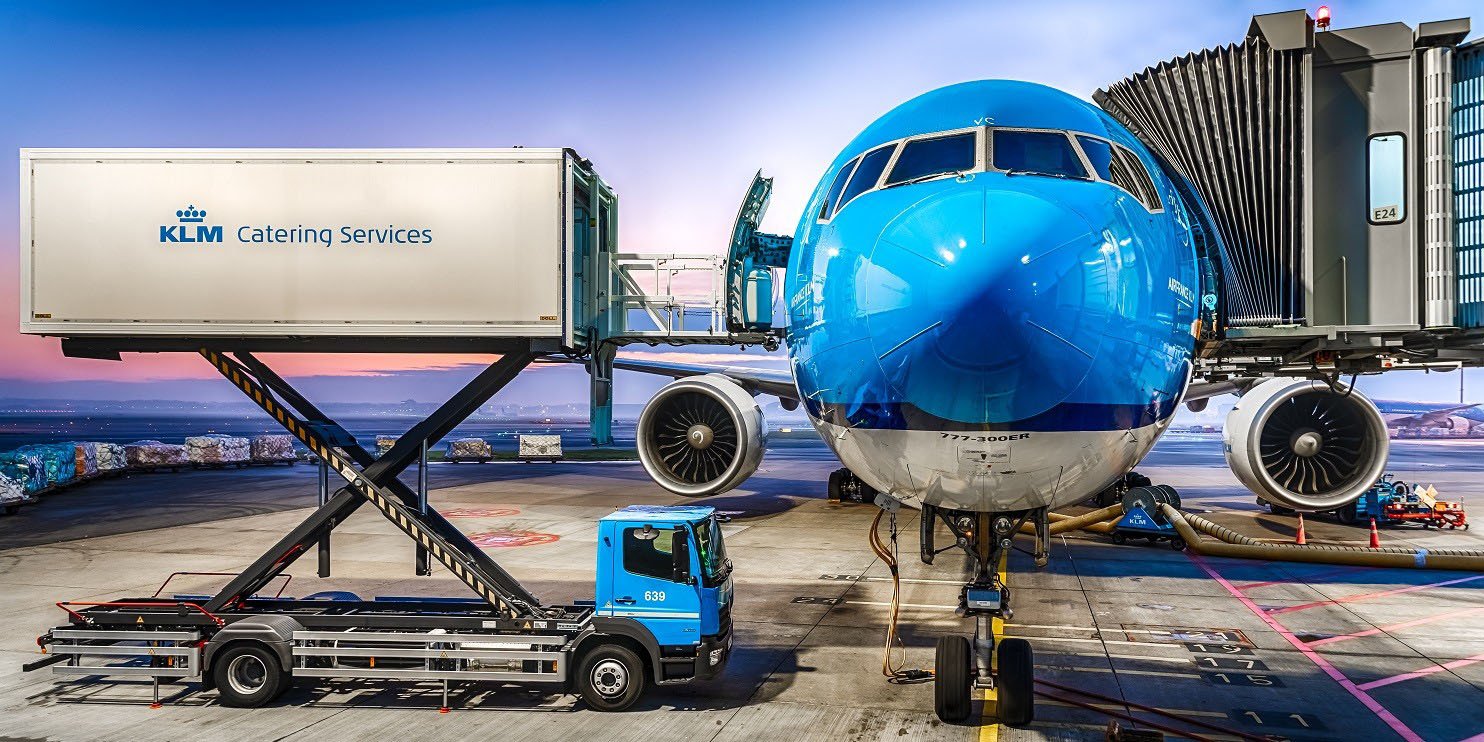Four key trends in manufacturing and how to deal with them
Although manufacturing companies have seen their production and turnover grow in recent years, there is no time to sit back. Many organizations are insufficiently prepared for the future because of limited digitalization and a lack of strategy for deploying innovations such as IoT and servitization. This white paper highlights relevant trends and how you can respond to them appropriately.

Relevant trends
Various reports indicate that companies are insufficiently prepared for the future. Business processes have been limitedly digitized, and there is often no strategy to improve operations by adopting technology such as the Internet of Things (IoT), servitization, and artificial intelligence (AI). This represents a missed opportunity, as it can lead to new business models, securing knowledge, and recruiting engineering talent.
Sustainability is another topic that requires attention. Laws and regulations are gradually becoming stricter, and consumers’ call for more sustainable products is growing louder. A structured approach to sustainability goes hand in hand with saving energy and reducing waste. Manufacturers can use this to differentiate themselves from the competition, and they have a crucial role in advancing sustainability. European companies lead the world in various areas with new technologies and production methods that accelerate the energy transition. To maintain that position, they need to invest in R&D and the knowledge and skills of employees.
Over the past few years, the manufacturing industry has thrived by outsourcing production to low-wage countries. However, heavy dependence on these countries introduces risks. Heavily globalized supply chains have long been under pressure from increased import tariffs due to the 2018 trade war between the United States and China. The pandemic added to this, stressing the benefits of decentralizing and regionalizing production and R&D activities.
Download white paper
This white paper highlights key trends affecting current and future business operations: innovation and digitization, sustainability, the competition for talent and supply chain resilience. Per topic, we outline how manufacturers can respond appropriately and ensure their business becomes future-proof.





